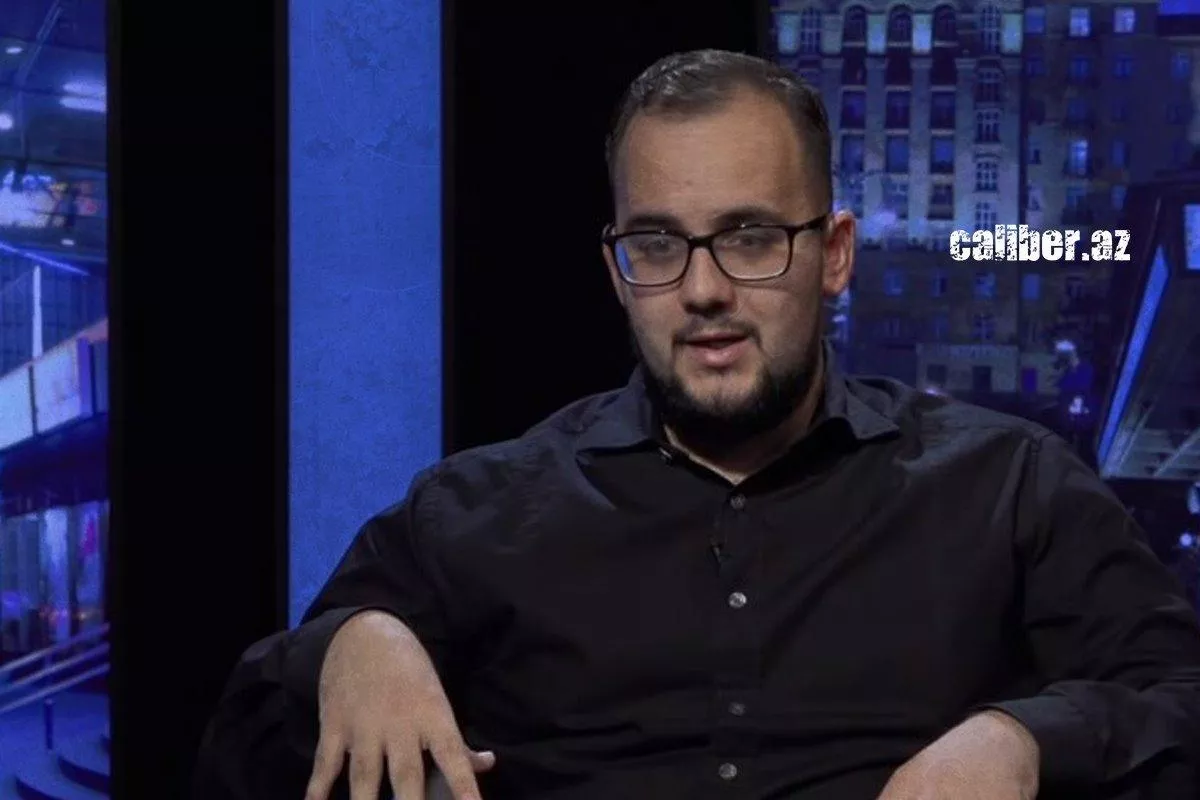Iran and the West: Can the JCPOA survive amid regional tensions? Experts weigh in
The Joint Comprehensive Plan of Action (JCPOA) remains a viable framework for resuming negotiations on Iran's nuclear program, though some of its provisions are now outdated, according to Iranian Foreign Minister Abbas Araghchi.
"We can revisit this framework (JCPOA). However, it's true that some of its provisions are outdated and no longer hold our interest," Araghchi stated during an interview with IRIB.
The minister highlighted that while Tehran is learning from past experiences, it is not dwelling on them but rather looking forward.
"I still believe we can reach an agreement within the existing framework. It all depends on whether we can achieve a mutual understanding with the Europeans and other JCPOA participants to resume dialogue on equal terms," Araghchi explained. He added that while Iran is interested in lifting sanctions, it must be done in a way that does not compromise Tehran's strategic interests.
On September 2, Rafael Grossi, the Director General of the International Atomic Energy Agency (IAEA), expressed hope for an upcoming meeting with Iranian President Masoud Pezeshkian to discuss Iran’s nuclear program. Grossi noted his familiarity with Iran’s new Foreign Minister, Abbas Araghchi, who was involved in negotiating the Joint Comprehensive Plan of Action (JCPOA), and he anticipates a constructive dialogue with Tehran in the future.
However, the potential revival of the “nuclear deal” between Iran and Western countries (JCPOA) seems increasingly unlikely given the current context. The ongoing conflict between Israel and Iranian proxies complicates matters further. It appears somewhat fantastical to consider, especially since one of the main parties to the JCPOA is the United States, where both Republicans and Democrats remain staunchly anti-Iranian, at least while Tehran continues to support aggression against Israel.
Yet, the prospect of reviving the “nuclear deal” between Iran and Western countries (JCPOA) seems increasingly remote, especially in the current climate. The ongoing conflict between Israel and Iranian proxies adds further complexity. Given that the United States—one of the main signatories to the JCPOA—has bipartisan opposition to Iran, largely due to Tehran's support for aggression against Israel, the likelihood of reanimating the deal appears quite slim.
This analysis was provided to Caliber.Az by prominent international experts.

Israeli commentator Alexander Nepomnyashchy has noted that President Obama's foreign policy, under which the JCPOA was signed, was based on a progressive worldview.
"Guided by the principle of Western guilt for the pathologies of the Middle East, Obama justified the Iranian regime's hostility toward America. His stance was that the United States had to 'atone for its sins' by changing its approach in the Middle East. To achieve this, Obama effectively reoriented the United States toward the Iranian regime, its proxies, and its allies, including the 'Muslim Brotherhood,' to the detriment of Israel and America's traditional Arab allies," the political analyst explained.
In Nepomnyashchy's view, the 2015 nuclear deal (JCPOA) was disastrous.
"It imposed certain restrictions on Iran's nuclear activities for a limited period but allowed the regime to continue its nuclear research and development. Furthermore, it placed no restrictions on Iran's development and proliferation of ballistic and cruise missiles, including medium- and long-range missiles," he added.
"In other words, the Obama deal limited the Iranian regime's ability to use its nuclear capabilities acquired by 2015 but allowed it to significantly expand its nuclear potential in subsequent years," Nepomnyashchy noted.
He believes that the current US administration's actions in the Middle East are a continuation of those initiated by former President Barack Obama.
"Therefore, if the deal is revived, it will not prevent the Iranian regime from obtaining nuclear weapons. On the contrary, it will impose restrictions on the efforts of Israel, the UAE, and Saudi Arabia, who are currently working to contain Iran's imperialist ambitions.
In other words, the solution to the global problem—the catastrophe that nuclear weapons in the hands of the current Iranian regime would inevitably create—is not the deal itself but rather a consistent undermining and sabotage of Iran's nuclear project combined with stringent international economic pressure on Tehran. This would lead to public upheaval and a change in power in Iran. And this is only possible if Trump wins," Nepomnyashchy concluded.

Middle East expert Iliya Kusa from the Ukrainian Institute for the Future believes that there is a theoretical possibility of normalizing relations between the West and Iran under current conditions.
"The likelihood is low, mainly due to the lack of trust between the two sides after years of conflicts, disputes, and failed negotiations. And, of course, at the heart of this mistrust is the Trump administration's decision in 2018 to withdraw from the already agreed-upon nuclear deal, which had been in place for several years," the analyst explains.
However, he also notes that, paradoxically, there is now an opening for negotiations. Tehran's new presidential administration is seeking to normalize relations with the West, possibly through a new agreement or by restoring the old one.
"It is more likely to involve signing a new deal under simpler conditions. The West also has an interest in negotiating with Iran rather than engaging in conflict, as evidenced by statements from both Europeans and Americans. The Biden-Harris administration generally takes a more moderate stance towards Iran compared to the Republicans and Trump," Kusa concludes.
"However, despite the window for negotiations being slightly open, there is still no tangible outcome. In addition to mutual distrust, the ongoing war in Gaza plays a significant role. As long as the war between Israel and Gaza continues and Iran remains involved due to political and ideological reasons, negotiations with the West are effectively blocked.
A third reason is the lack of full consensus on this issue both in Tehran and Washington. The US Congress is partially controlled by Republicans who are unwilling to negotiate with Iran and make concessions—any negotiations involve mutual compromises and concessions. Additionally, even some Democratic lawmakers hold a relatively hardline stance towards Iran," stated the analyst.
In Tehran, he notes, there is also no consensus, as there is a faction within the elite that is not inclined towards dialogue with the West—instead, they advocate for confrontation with the EU and NATO countries and for closer ties with countries like Russia and China.
"In other words, due to the lack of a unified stance on either side, it is very difficult to initiate negotiations. The political cost of concessions is perceived as too high by both sides. Therefore, I believe that theoretically, Iran and the West could reach an agreement, but I think it will be linked to the end of the war in Gaza, the possible initiation of a new negotiation format regarding the nuclear deal or other regional issues, and also to the outcome of the US elections in November," Kusa concluded.








